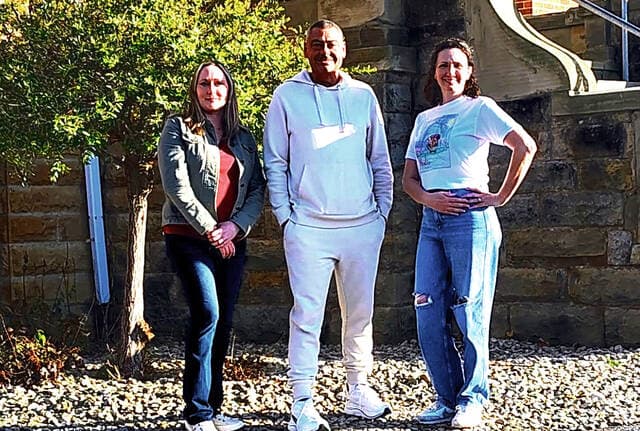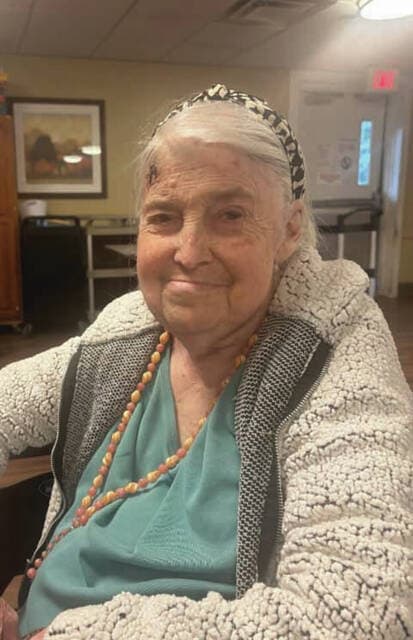Williamsburg Volunteers Build Trust, Support Teens at Wilson Home
Three volunteers from True Life Christian Church in Williamsburg have established a steady monthly presence at Wilson Children’s Home in West Union, connecting with eight to twelve residents ages eleven to seventeen through shared meals and conversation. Their consistency has fostered trust, aided transitions to independent living, and highlighted local gaps in volunteer onboarding and youth support services that matter to Adams County families and policymakers.
Listen to Article
Click play to generate audio

Volunteers from True Life Christian Church in Williamsburg now make a monthly trip of forty five to sixty minutes to Wilson Children’s Home in West Union to meet with young residents. The team of three lay mentors typically connects with eight to twelve youths on each visit, and their approach centers on bringing a meal, listening, and building relationships by returning when they say they will return. That simple, regular presence has produced cooperation from staff and gradual openings for deeper conversation about purpose and future plans.
The mentors are Pam Czarnecki, Dave Fisher and Alicia Ireton. Fisher joined True Life nearly two years ago after visiting multiple congregations, and Ireton brought experience from teaching and pediatric health care. Czarnecki speaks openly about navigating a difficult adolescence, and together they focused an informal outreach that had existed in different forms into a clearer, steady practice. They prepare menus with input from residents, track sizes and preferences on a simple interest sheet, and leave food for those not ready to join in the moment.
Wilson Children’s Home houses youth with varied backgrounds, including those placed for safety, those who made choices that led to placement, and those who arrived after the death of a caregiver. Ages range roughly from eleven to seventeen. Mentors report that the voluntary nature of evening gatherings, combined with meals and choice, has reduced pushback about faith conversations and allowed staff members to participate naturally. The mentors sometimes bring their families to help the evening feel like an extended household rather than a program.
The mentors also support residents beyond their time at Wilson. Last year they helped one young man move into his first apartment and celebrate entry into college by providing furniture and basics. Those follow up efforts underline a broader community need. Transitioning to adulthood without stable supports often means starting adult life with almost nothing, and volunteers warn that consistent adult connections can make the difference between independence and persistent need.
The current work exposes administrative frictions that limit scaling. Prospective volunteers must complete background checks and coordinate with agency procedures, and changing leadership can slow approvals. The mentors advise persistence and recommend clearer, more accessible pathways for screening and placement so more adults can contribute without undue delay.
For Adams County the local implications are practical and fiscal. Reliable mentoring can reduce demand for crisis services, support educational completion, and ease cost pressures on social agencies. The volunteers hope to widen the circle by networking with churches and civic groups in Brown and Adams counties, and several congregations have already reached out about coordinating support for the holidays. In the longer term they envision a community space for tutoring, meals, activities and mentoring that would serve both residents of Wilson and other local teens in need.
For now the effort remains intentionally modest. The next step is the next visit. The three volunteers will load the car, shop with attention to small wishes, sit at one table and keep the door open for the next conversation. Their consistent presence is the intervention they believe will deliver the greatest return for the county over time.


